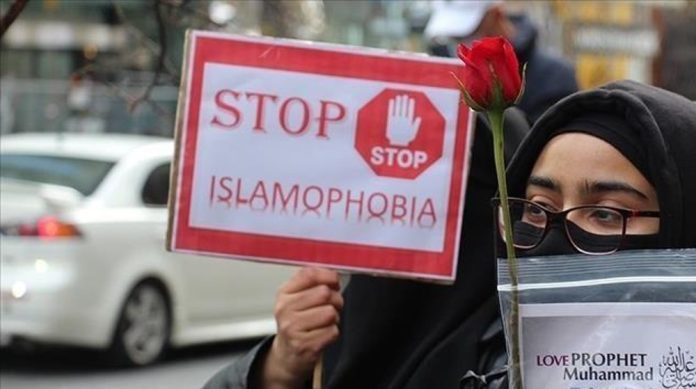According to an independent commission appointed by the German government, Muslims in Germany experience racism, hatred, and discrimination on a regular basis.
The Independent Group of Experts, which studied anti-Muslim sentiment for three years, produced a thorough report on the racism experienced by Germany’s Muslim community. The results were made public on Thursday.
Following receipt of the report, German Interior Minister Nancy Faeser stated, “Many of the 5.5 million Muslims in Germany experience marginalization and discrimination in day-to-day life — up to and including hatred and violence.”
The report came to the conclusion that at least one-third of German Muslims have experienced racism because of their religious background after examining scientific studies, police crime statistics, and documentation of anti-Muslim incidents by various agencies.
Only 10% of Muslims in the population report experiencing hostility or being the victim of hate crimes, so the experts noted that the actual figures are likely higher.
According to the report, German Muslims experience daily stereotyping from kindergarten through old age in addition to racism.
The 12-member commission used statistics to support its claims that nearly every other German supported anti-Muslim sentiment, “providing a dangerous breeding ground” for extremist organizations.
According to the experts, even Muslims who were born in Germany were frequently viewed as “foreign,” Islam was frequently portrayed as a “backward religion,” and women who wore traditional headscarves encountered “particularly dramatic forms of hostility.”
The report stated that widespread, largely unchangeable, retrograde, and threatening characteristics are attached to Muslims and those who are perceived as Muslims, contributing to negative prejudice against the community.”
According to a study of popular culture, almost 90% of the movies the panel saw had a negative portrayal of Muslims and frequently linked them to “terror attacks, wars, and the oppression of women.”
The authors of the study read passages from a political science textbook from 2019 to illustrate an instance of stereotyping Muslims in education.
According to the book, despite wanting to live better than they do at home, Muslims “insist on their identity, which includes headscarves, mosques, prayers in schools, forced marriages, oppression of women……for many of them, that is part of their sense of ‘us’ It conflicts with how we think of ourselves, which is the problem.
According to the study, Muslims in Germany are perceived as “the others” despite the fact that half of them have German passports. This negative stereotyping of Muslims has caused them to be excluded from Germany’s mainstream society.
While acknowledging that many incidents went unreported, it claimed that crime statistics were starting to paint a more accurate picture of anti-Muslim attacks.
The panel made recommendations to politicians, law enforcement, educators, the media, and the entertainment industry, referring to Muslims as “one of the most under-pressure minorities” in Germany.
In order to combat discrimination and better protect Muslims from exclusion, Faeser stated that the government “would intensively study the report’s findings and recommendations.
After a far-right extremist went on an anti-Muslim shooting rampage in the central city of Hanau in 2020, killing 10 people and injuring five others, former German interior minister Horst Seehofer established the commission.
Muslims all over the world were shocked by the attack, which also prompted human rights organizations to warn about the rise of anti-Muslim sentiment in the West.
It is significant to note that the explicitly anti-Muslim party platform of the far-right Alternative for Germany (AfD) party, which has a national support rating of around 20%.













